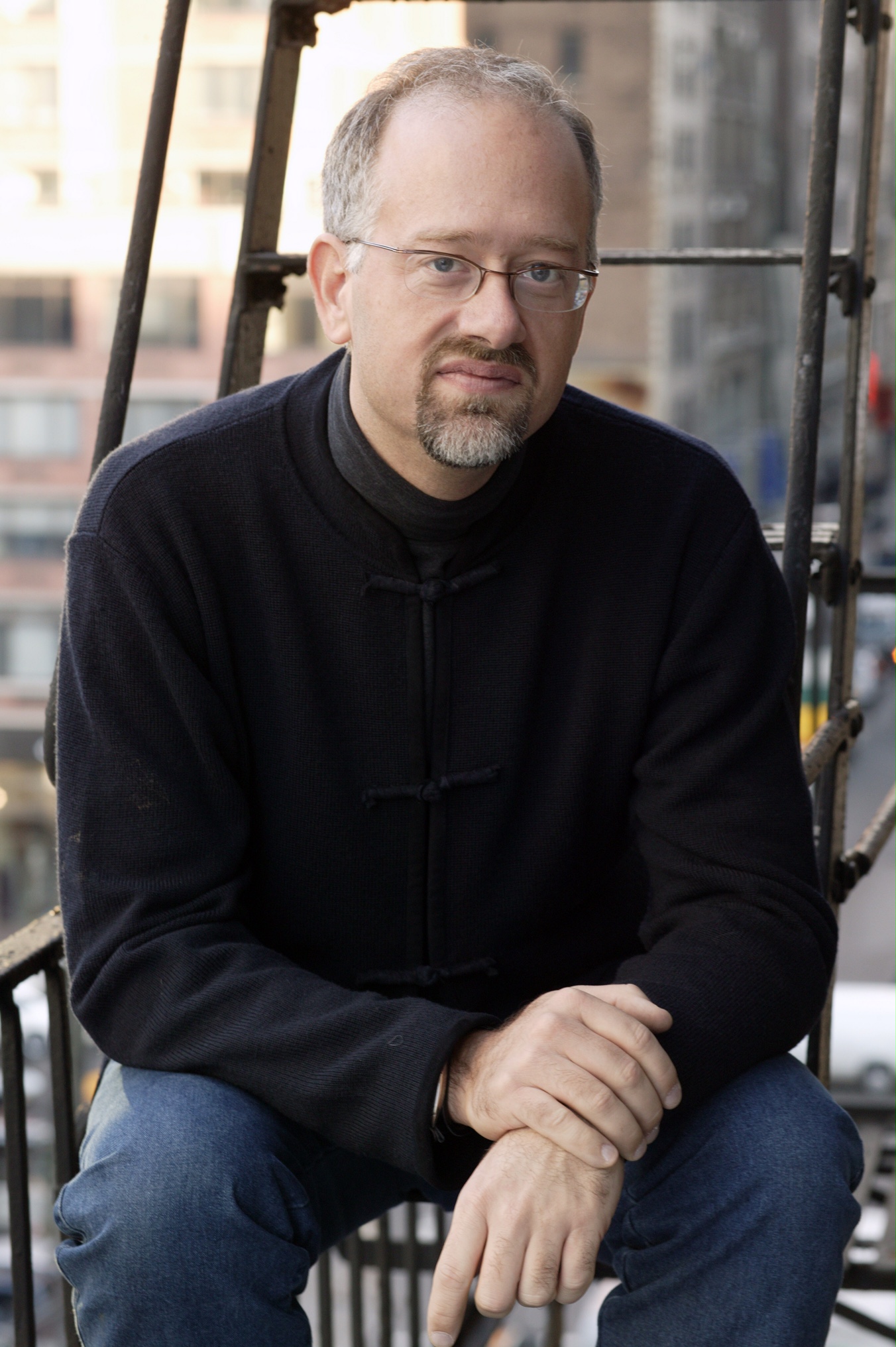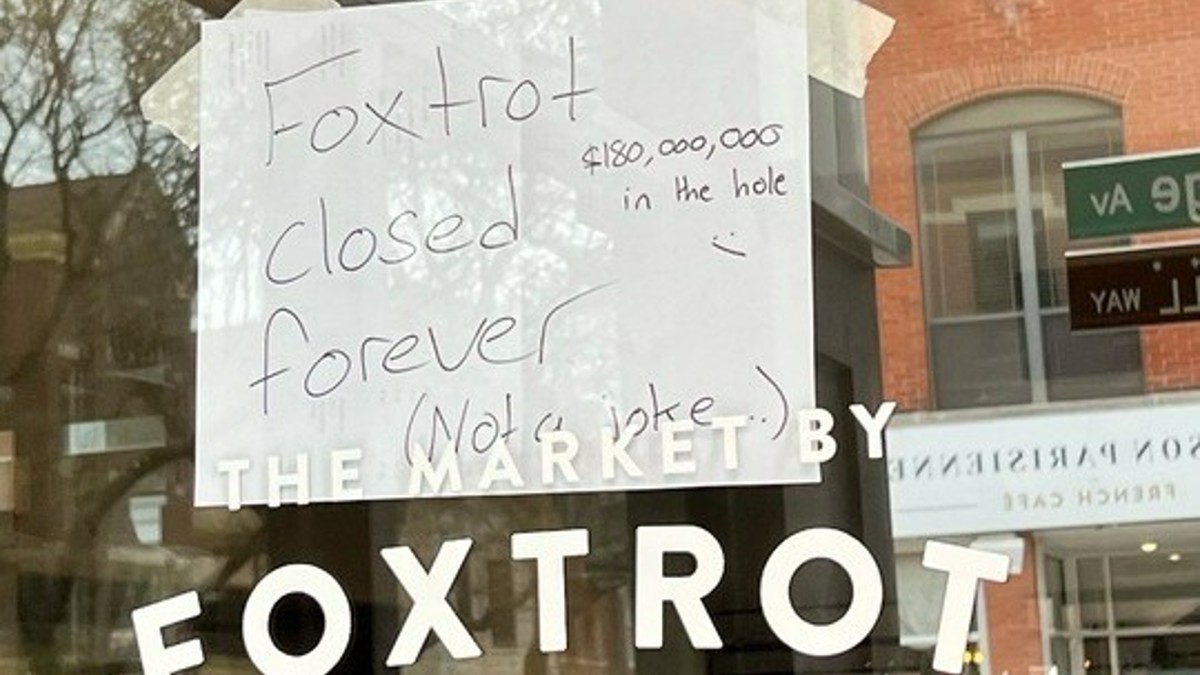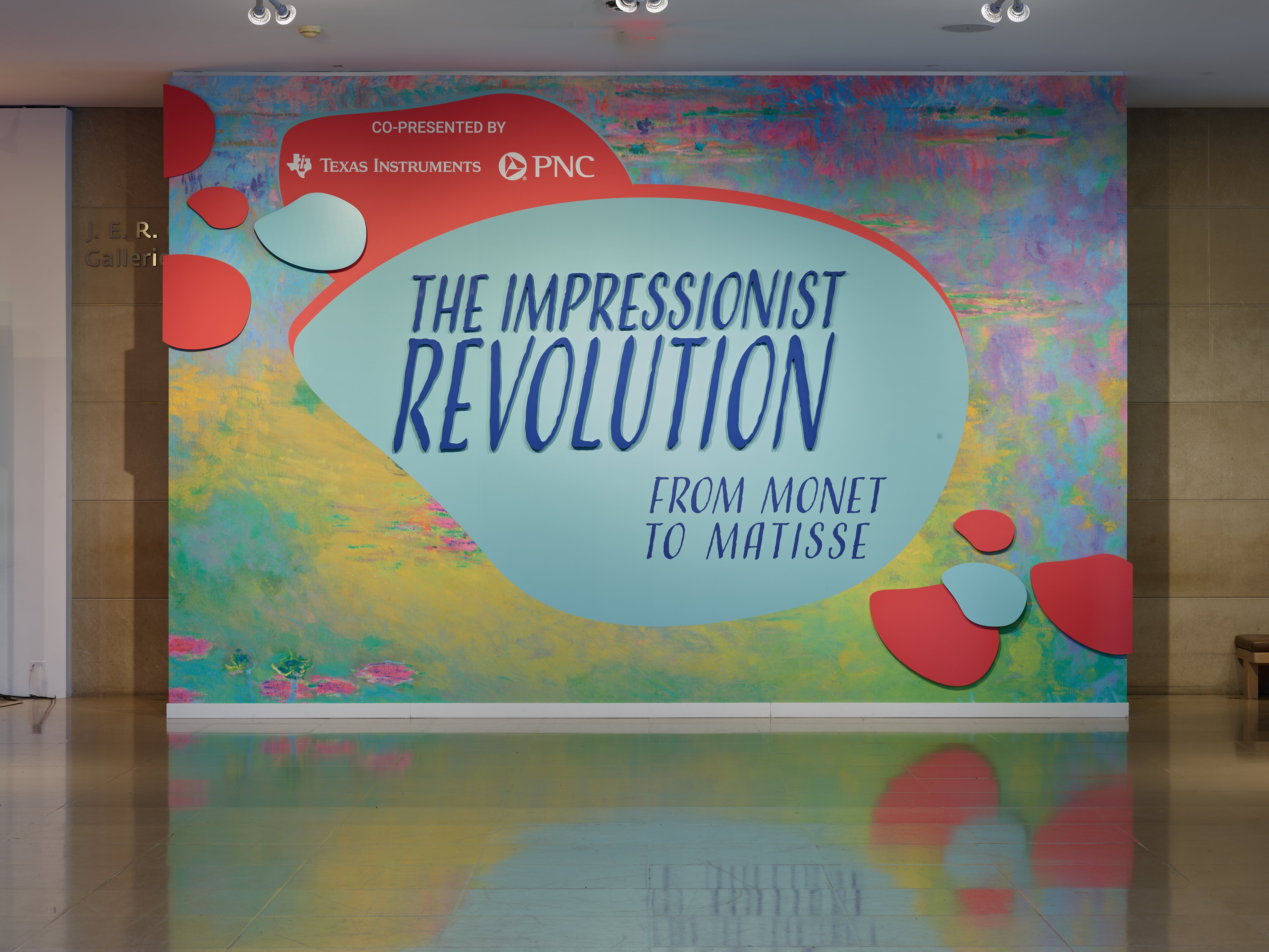Doug Wright’s passion for theater began early. After his parents took him to see Life with Father at the Dallas Theater Center when he was eleven years old, he wrote The Devil’s Playground, a Gothic melodrama. It is unlikely a theater will produce Wright’s adolescent playwrighting attempt, but he is not disappointed. He is currently preparing for War Paint, a musical about cosmetic rivals Elizabeth Arden and Helena Rubinstein, to open at the Nederlander Theatre in New York City on April 6, 2017.

Discovering his passion for theater gave the Dallas native purpose during his youth. He mowed lawns to pay for student subscriptions at the Dallas Theater Center and Theatre Three. He started ushering when he learned Theatre Three ushers could see shows for free.
He became involved in Theatre Three’s children’s productions and appeared in one of the theater’s Equity shows. He counts Jac Alder, Theatre Three’s late executive producer and co-founder, as one of his greatest influences. “I look back to my early days in Dallas and think how fortunate I was to have people that believed that I could pursue a career in theater and survive,” said Wright.
Carving out that career in theater has taken ingenuity. At age 53 and with his fifth show soon to open on Broadway, this Pulitzer Prize-winning playwright admits he is only now starting to earn a relatively reasonable wage from royalties.
Writing for film and television has been the major source of income to support his playwriting habit. He notes writing an unproduced screenplay pays more than writing a produced play. Despite the lucrative nature of screenwriting, Wright prefers writing for the stage.
“If I write it, I like to own it. The studios own the rights to screenplays and can change it without permission. I own the rights to my plays. I also like theater audiences. Film is a very literal medium and the theater still requires the audience apply its own imagination to the proceedings onstage to make it feel real. I think that’s more thrilling,” explained Wright.
The Scene
Earning a living wage is only one of the challenges of a playwriting career. The theater industry prefers to produce economical small cast shows. No matter what the cast size, Wright prioritizes crafting plays that speak to the current and sociological moment audiences will want to see. Diversity is an area where Wright thinks the theater industry needs to improve.
“We need more women playwrights regularly produced. We need more people of color contributing to the national conversation and we need diverse audiences from all sectors of American experience so it remains a vital art form,” said Wright.
Wright is concerned about the cultural importance of theatre.
“In my parents’ generation, theater was a part of popular culture. Hit songs came from theater. Musical theater stars appeared on television and talk shows regularly and it was a significant force on the entertainment landscape. When I was growing up, theater became increasingly rarefied. It was no longer a mass medium. Tickets became more expensive. Shows became less frequent. Theater was a privileged kind of entertainment for people who could afford to see it. It slipped to the back page of the arts section and it was no longer a major cultural force. Curiously, with the success of shows like Wicked and Hamilton and the musicals the various networks are doing and with television programs like Glee, theater has become popular culture again. That’s gratifying to see,” said Wright.
When producer David Stone approached him with the material for War Paint, Wright jumped at the opportunity to work on the musical based on Lindy Woodhead’s book of the same name and a documentary film, The Powder and the Glory by Ann Carol Grossman and Arnie Reisman.
“It’s great to write about two legendary figures in the cosmetic industry and know they will be played by two of the most acclaimed actresses on Broadway, Patti LuPone and Christine Ebersole,” said Wright. The show had its world premiere production at the Goodman Theatre in Chicago in July 2016.
For Wright, the production was a learning opportunity. The creative team received a constant stream of feedback from local critics and audience members. About 20 percent of the show will be changed based on that feedback before it reaches Broadway. Much of the feedback must have been positive. The show was so popular; it was extended twice.
Wright has advice for ambitious playwrights who share his passion for the theater: don’t mimic others.
“Write about those things in the world that obsess, confuse, tantalize and amuse you. An authorial voice can be as distinct and original as your DNA. If you have a voice that special, people will notice,” advised Wright.
Wright found his voice and it has taken him from Dallas to Broadway.
Kimberly Richard is a North Texan with a passion for the arts. She’s worked with Theatre Three, Inc. and interned for the English National Opera and Royal Shakespeare Company. She graduated from Austin College and currently lives in Garland with her very pampered cocker spaniel, Tessa.



